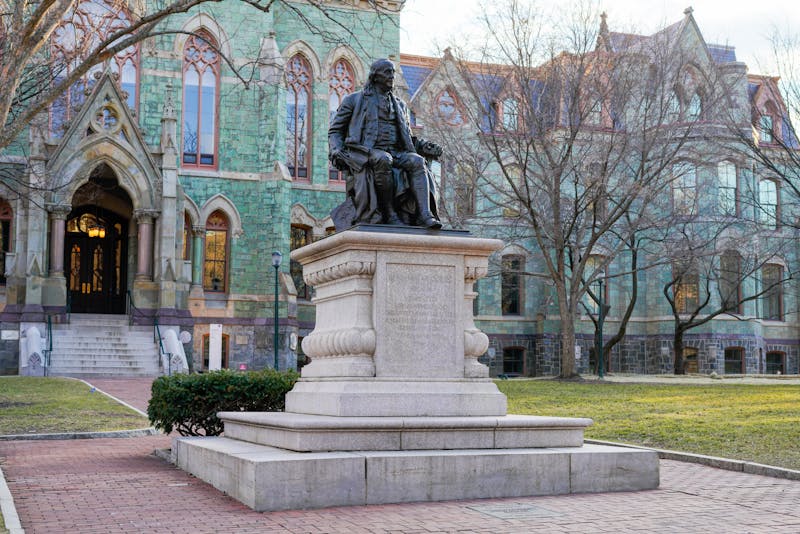
Penn Medicine researchers found that two gene variants present in 40% of Black Americans are linked to COVID-19 severity and sepsis.
The team from the Perelman School of Medicine found two potential pathways to target the two variants of the gene APOL1, Penn Medicine News reported. The study's lead author, Medicine professor Katalin Susztak, told Penn Medicine News that these findings could help reduce health disparities from COVID-19 and sepsis in the United States.
Black Americans in the U.S. have higher rates of both sepsis and COVID-19 infections and complication, Penn Medicine News reported. Sepsis is also a common complication in severe cases of COVID-19.
“Our findings indicate that the APOL1 risk variants could explain an important racial disparity observed in sepsis incidence and severity among Black individuals,” Susztak told Penn Medicine News.
The G1 and G2 variants of the APOL1 gene are found predominantly in individuals of West African descent, Penn Medicine News reported. These variants remained in the population because having one of these alleles provides protection against African sleeping sickness. Having two alleles of this variant, however, increases the risk of COVID-19 complications and sepsis.
Penn researchers looked at data from the Million Veteran Program — a U.S. biobank of genomic data — and found a significant correlation between the two gene variants sepsis and COVID-19 severity in Black Americans. The researchers then modeled this in mice with the G2 variant and found that mice with this variant of the gene had more severe cases of sepsis.
Researchers also found that deletion of the NLRP3 and STING pathways helped protect individuals from the defects of these variants, showing one way identification and treatment could mitigate the greater risk caused by these gene variants.
“Our work implies that the identification of subjects with the high-risk APOL1 genotype might be important for disease risk prediction and early intervention,” Susztak told Penn Medicine News.
The Daily Pennsylvanian is an independent, student-run newspaper. Please consider making a donation to support the coverage that shapes the University. Your generosity ensures a future of strong journalism at Penn.
Donate






